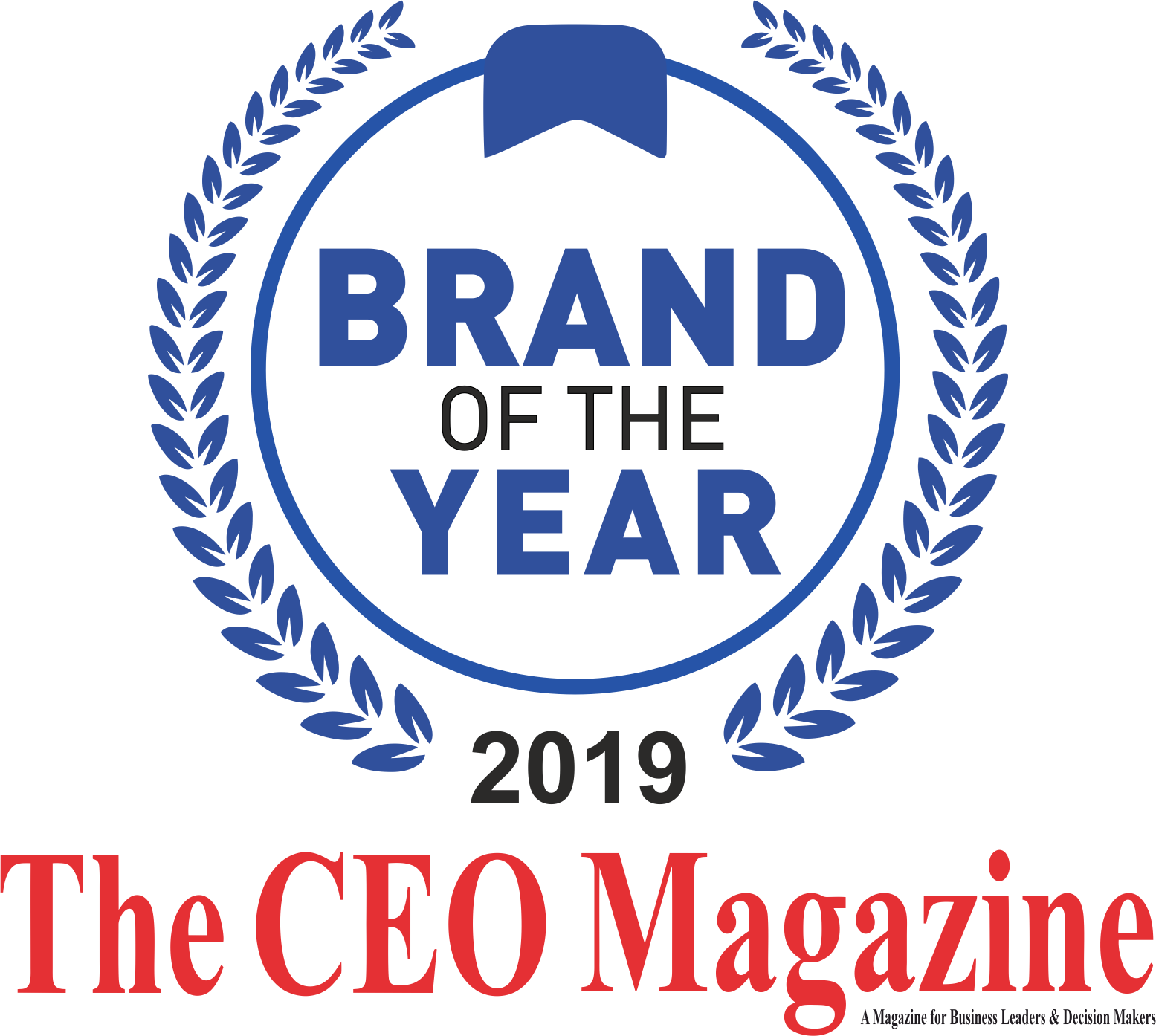Integrating Knowledge for Global Progress: Innovative Pathways for a Better Tomorrow:
Dr. Sureshkumar MadhusudhananThe author is the Secretary General of Indo Gulf & Middle East Chamber of Commerce & Chairman & Managing Director of Seagull International Group, a leading Talent Acquisition and Recruitment firm

In today’s interconnected world, knowledge serves as the cornerstone for solving complex global challenges such as climate change, poverty and healthcare disparities. By fostering collaboration and integrating diverse perspectives, societies can harness collective intelligence to drive sustainable development and economic growth.
The Power of Knowledge in Driving Progress
Investments in education, research, and technology have historically transformed societies. For instance, advancements in renewable energy mitigate environmental harm and spur economic growth by creating new industries and employment opportunities. Similarly, breakthroughs in medical research have revolutionized healthcare, extending life expectancy and improving quality of life worldwide. Knowledge is a transformative tool that shapes the future, but its impact is magnified when shared across borders.
Emerging Trends in Education and Technology
Education is evolving rapidly with the integration of digital tools and a shift toward skills-based learning. Technologies like artificial intelligence (AI), virtual reality (VR) and online platforms are making education more accessible, interactive and inclusive. In-demand skills now extend to fields such as data analytics, biotechnology and green technologies, while critical thinking and adaptability remain essential for navigating the uncertainties of the modern workforce. Vocational training and lifelong learning are becoming indispensable for preparing individuals to thrive in a rapidly changing job market.
Cross-Border Collaboration: A Global Imperative
Global challenges require collective efforts. Nations, industries, and academic institutions must unite to share resources, knowledge and expertise to tackle issues more effectively. International partnerships in scientific research, for example, have fast-tracked the development of vaccines and innovative solutions for climate adaptation. Such collaborations not only leverage diverse viewpoints but also accelerate the pace of innovation, ensuring progress benefits all stakeholders.
Addressing Barriers to Knowledge Integration
Despite its benefits, knowledge integration faces significant challenges. Inequalities in access to education and technology remain widespread, particularly in rural and underdeveloped regions. Cultural and political differences can further impede collaboration, while limited resources in developing nations hinder the implementation of innovative solutions. To address these barriers, governments and institutions must promote inclusivity, mutual respect and equitable access to resources, ensuring that progress is shared.
Education as a Catalyst for Change
Education is the foundation of societal transformation. Interdisciplinary approaches, combining insights from various fields, are critical for solving global problems like climate change and public health crises. India’s New Education Policy (NEP) 2020 is a prime example, emphasizing holistic and multidisciplinary learning to align with global standards. However, while India’s demographic dividend, its vast population of youth, presents immense potential, its realization hinges on the quality of education provided.
India’s education spending stands at around 4% of GDP, far below the target of 6%. Increasing this investment can upgrade infrastructure, fill the one million teaching vacancies, and provide affordable education loans to students. Additionally, revamping outdated curricula to include emerging technologies like AI and 6G can bridge the gap between education and employment, reducing the current 30% unemployment rate among graduates.
Preparing for the Future: Skills and Technology
To meet future demands, developing skills in areas such as AI, biotechnology, and data analytics is essential. Vocational training, integrated with industry-relevant curricula, can bridge the gap between theoretical education and practical application. For instance, Germany’s dual education system combines classroom learning with on-the-job training, producing a skilled workforce aligned with market needs. Integrating technology into education through digital platforms, virtual labs, and online learning modules enhances accessibility and equips learners with critical competencies.
Collaboration and Policy Alignment for Sustainable Progress
Building a sustainable and inclusive future requires active collaboration across sectors. Public-private partnerships can drive innovation and scale impactful solutions by leveraging government support and private sector expertise. Similarly, industry-academia collaborations can align educational outcomes with workforce demands, ensuring that graduates are job-ready. Global forums for knowledge sharing, like the World Economic Forum offer platforms for exchanging ideas, forging partnerships and addressing challenges collectively.
Policy alignment is equally crucial. Governments must prioritize investments in research and development (R&D), vocational training and infrastructure to foster innovation. Initiatives such as India’s Skill India program exemplify efforts to equip youth with employable skills, aligning with global trends. Internationally, harmonized standards for education and certifications can promote seamless collaboration and mobility of talent across borders.
Addressing Educational Gaps in India
India’s demographic strength lies in its youth, with 24% of its population under 14 years of age. However, if this segment is not adequately educated and trained, it could hinder the nation’s growth. Closing the educational gap requires both increased funding and qualitative reforms. Enhancing teacher recruitment, improving access to technology and ensuring affordability of higher education are critical steps. Furthermore, education must shift focus from rote learning to fostering innovation and critical thinking, preparing students to compete globally.
Shaping a Shared Tomorrow
Knowledge integration and collaboration across borders are indispensable for addressing the world’s most pressing challenges. By investing in education, fostering innovation, and building frameworks for global cooperation, societies can create a sustainable, inclusive, and prosperous future. India, with its vast potential and strategic reforms, has an opportunity to lead by example in this endeavour. However, this requires a collective commitment from governments, industries, and academia to bridge gaps, embrace inclusivity, and ensure that progress benefits all. Together, we can build a world where knowledge empowers and transforms lives universally.
(The author is the Secretary General of Indo Gulf & Middle East Chamber of Commerce & Chairman & Managing Director of Seagull International Group, a leading Talent Acquisition and Recruitment firm)





